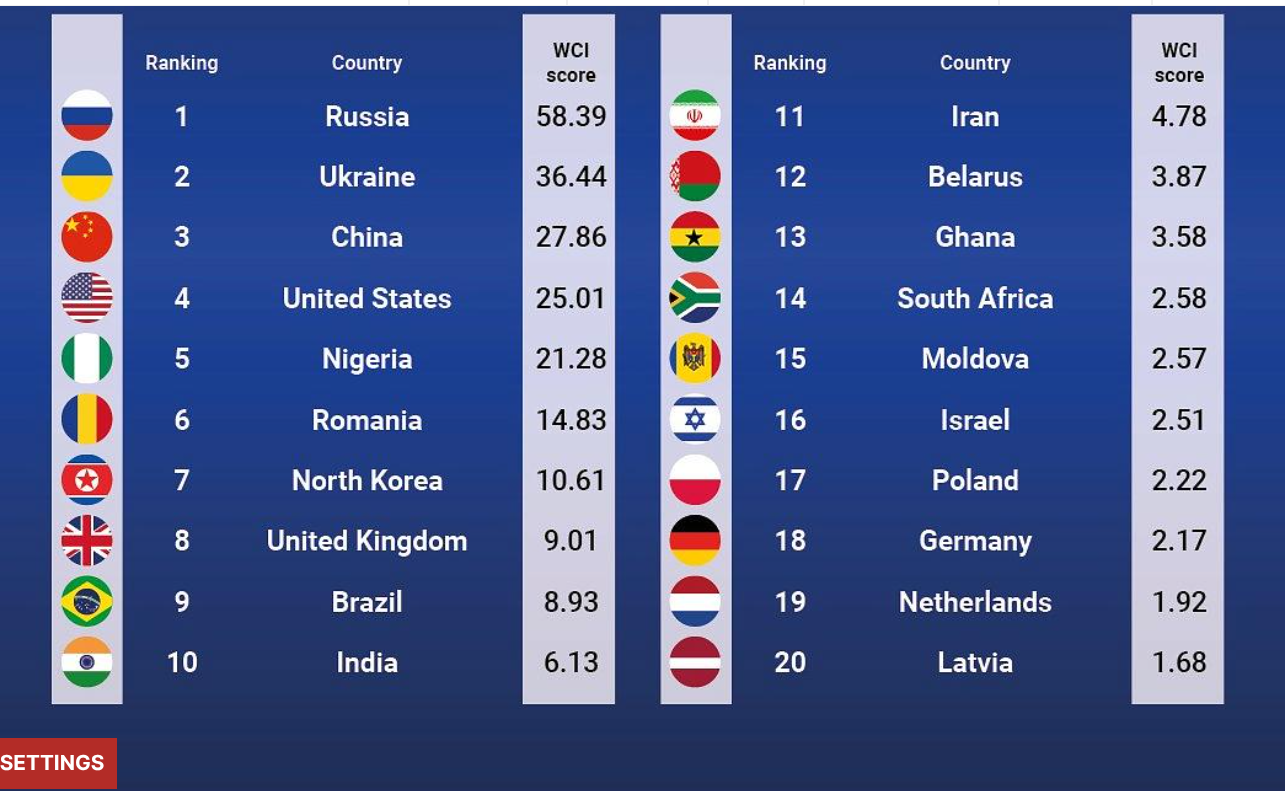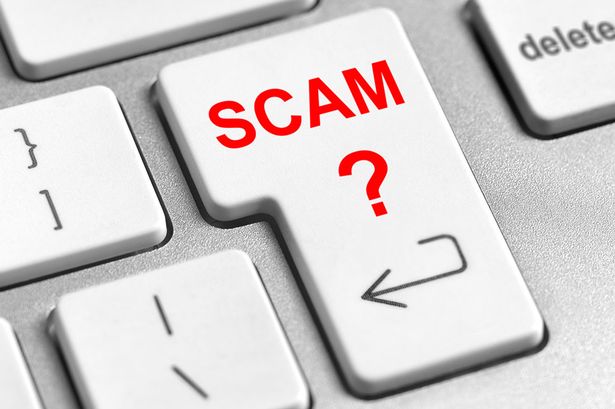Rise Of The Scammers- How To Detect Them
The rise of scammers is driven by increasing digitalization, which creates more opportunities for fraud through sophisticated online schemes. In recent years, losses to fraud have increased substantially worldwide. Scammers often exploit current events, such as the COVID-19 pandemic or cost-of-living crises, and use advanced AI to create highly convincing deceptions.
How to detect scammers
You can detect scammers by recognizing common behaviors and red flags:
- The offer is too good to be true. Be suspicious of deals, investments, or prizes that promise high rewards for little or no risk.
- A sense of urgency is created. Scammers will pressure you to act quickly, sometimes within hours, to prevent you from thinking clearly or getting independent advice.
- You receive unsolicited contact. Be wary of unexpected contact by phone, text, email, or social media, especially from people or companies you don’t know.
- They ask for unusual payment methods. Scammers often demand payment via wire transfers, gift cards, or cryptocurrency, which are difficult to trace and recover.
- You’re asked to move money to a “safe account.” In a common scam, a fraudster impersonating your bank or the police will say your account is at risk and ask you to transfer your money to a different account that they control.
- Personal or bank details are requested. Legitimate companies will never ask for your PIN, full password, or other sensitive details over the phone or by email.
- The person avoids meeting in person. In romance scams, fraudsters will develop a deep emotional bond with a victim but consistently cancel plans to meet, citing sudden emergencies or financial issues.
Signs in text and email messages:
- Poor spelling and grammar: While AI is making scams more realistic, typos and grammatical errors are still common red flags.
- Generic greetings: Phishing emails often use generic greetings like “Dear Customer” instead of your name.
- Suspicious email addresses or links: Check the full email address by hovering over the sender’s name. A legitimate company email will not contain random letters or numbers.

What to do if you suspect a scam:
- Stop and challenge. Do not act immediately. It is acceptable to refuse requests or ignore messages. Take time to think or get advice.
- Contact the company directly. If a message from a company seems suspicious, use a number from an official website or a physical bank statement, not the contact information provided by the potential scammer.
- Look for independent evidence. For investments or other opportunities, look for evidence of success outside of glowing testimonials.
- Reverse image search. To check a person’s online profile, run a reverse image search on their photo to see if it has been stolen from someone else.
Countries mainly associated with scamming
Scammers operate everywhere, but certain countries are known to have a higher concentration of scammer activity. A 2024 UK government fraud strategy and various online sources have identified several jurisdictions as key sources of fraud targeting countries like the UK.
High-risk regions and specific countries:
- Nigeria: Known for its history of “419” advance-fee fraud, romance scams, and phishing.
- India: A major source of tech support scams, credit card fraud, and phishing. A 2017 study found that 85% of tech support scam IPs traced to locations in India.
- Ghana: Another West African country identified as a priority region for fraud.
- Southeast Asia: The United Nations Office on Drugs and Crime reports that criminal groups in this region, particularly in Cambodia, Lao PDR, and Myanmar, have expanded into large-scale fraud centers. This includes romance scams, cryptocurrency investment fraud (often called “pig butchering”), and other online schemes.
- Russia and Eastern Europe: Associated with phishing, malware attacks, and online investment fraud.
- Philippines: Identified as a base for romance scams, phishing, and investment fraud.
- Brazil: Known for a high rate of online fraud.
- China: A source of large-scale fraud networks, including tech support scam
For entertainment or awareness purposes, professional “scambaiters” interact with fraudsters by asking pointed questions that can expose their lies, but they do so with careful precautions to protect their own identity.
Questions to expose a potential scammer
These questions focus on revealing inconsistencies in the scammer’s story and making them uncomfortable:
- Request a verifiable detail. Ask for information that a legitimate company or person could easily provide. “What is your full name and employee ID?” or “What is your business registration number? I’d like to look it up”. A scammer will likely avoid or evade this request.
- Challenge their urgency. Scammers rely on creating a sense of urgency to pressure you. If they claim a time-sensitive issue, push back. “I’ll need to check with my spouse/financial advisor before proceeding. What is a good number for you?”.
- Expose inconsistencies in their backstory. In romance scams, question specific, verifiable details they’ve shared. “You mentioned you live in [City], what was the weather like there yesterday?” or “What’s the name of your favorite local running race?”. Scammers often make up details they can’t remember later.
- Ask to use official, secure channels. If a representative from a company like your bank or a government agency calls, refuse to give information over the phone. Instead, tell them you will contact the company directly using the number on its official website or your latest statement. “I don’t provide this information over an unverified phone call. I will call your official customer service number right now to confirm this”.
- Demand proof. If they send a photo, ask for a very specific follow-up picture to confirm it is not stock imagery. “Could you send me a picture holding today’s newspaper?”.
- Inquire about their background. For callers who claim a certain origin, ask questions related to that location or culture that most non-natives wouldn’t know. A scammer from another country may not know the difference between British and American cultural references, for example.
- Record the call. Mentioning that you are recording the call can often make a scammer hang up immediately. If the call is a legitimate business, they will likely have a policy regarding call recording.
What are some questions I can ask a scammer to know if they …
May 18, 2025To subtly unmask a scammer, ask questions that test consistency, press for specifics, or create discomfort around thei…
Quora
Important safety precautions
- Never reveal real personal information. Use a fake name and do not give any details that can be linked to your identity. Scammers are experts at social engineering and will use any real information you give them.
- Do not click any links or download attachments. A scammer may try to send you a malicious link or attachment that installs malware to steal your information.
- Protect yourself after a potential scam attempt. If a scammer has contacted you, consider putting a fraud alert on your credit report, changing your passwords, and checking your financial statements for any unusual activity.
- Report the scam. Report the incident to the appropriate authorities, such as Action Fraud in the UK or the FTC in the US. This helps law enforcement track and investigate scam networks.








Post Comment